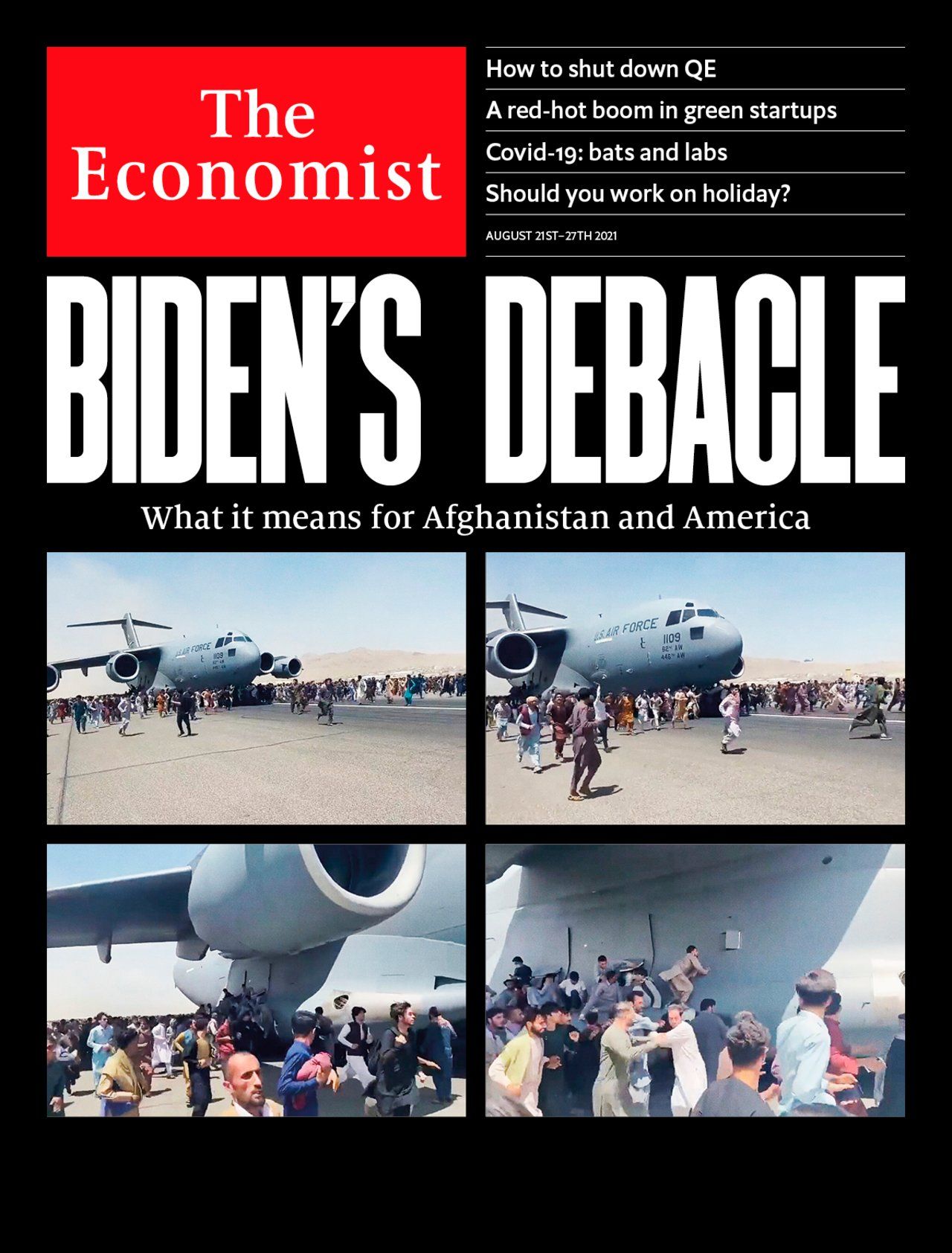The case for mutual educational disarmament
And for a high-stakes, lower-effort test

ECONOMISTS TEND to be big fans of education, which is perhaps not surprising given how much of it they consume and how well their textbooks can do. Alfred Marshall, writing in 1873, hoped that education would help erase the “distinction between working men and gentlemen”. Gary Becker of the University of Chicago reimagined education as an investment in “human capital” that would earn a return in the market much like other assets. Harvard University’s Greg Mankiw, whose books have educated more than most, once calculated that differences in human capital between countries could account for much of their otherwise inexplicable differences in prosperity.
This article appeared in the Finance & economics section of the print edition under the headline “Assume the positional”
More from Finance & economics

Europe’s economic growth is extremely fragile
Risk is concentrated in one country: Germany

How vulnerable is Israel to sanctions?
So far, measures have had little effect. That could change

Why companies get inflation wrong
Bosses should pay less attention to the media
What is behind China’s perplexing bond-market intervention?
The central bank seems to think the government’s debt is too popular
How to invest in chaotic markets
Contrary to popular wisdom, even retail investors should pay attention to volatility
Vladimir Putin spends big—and sends Russia’s economy soaring
How long can the party last?
